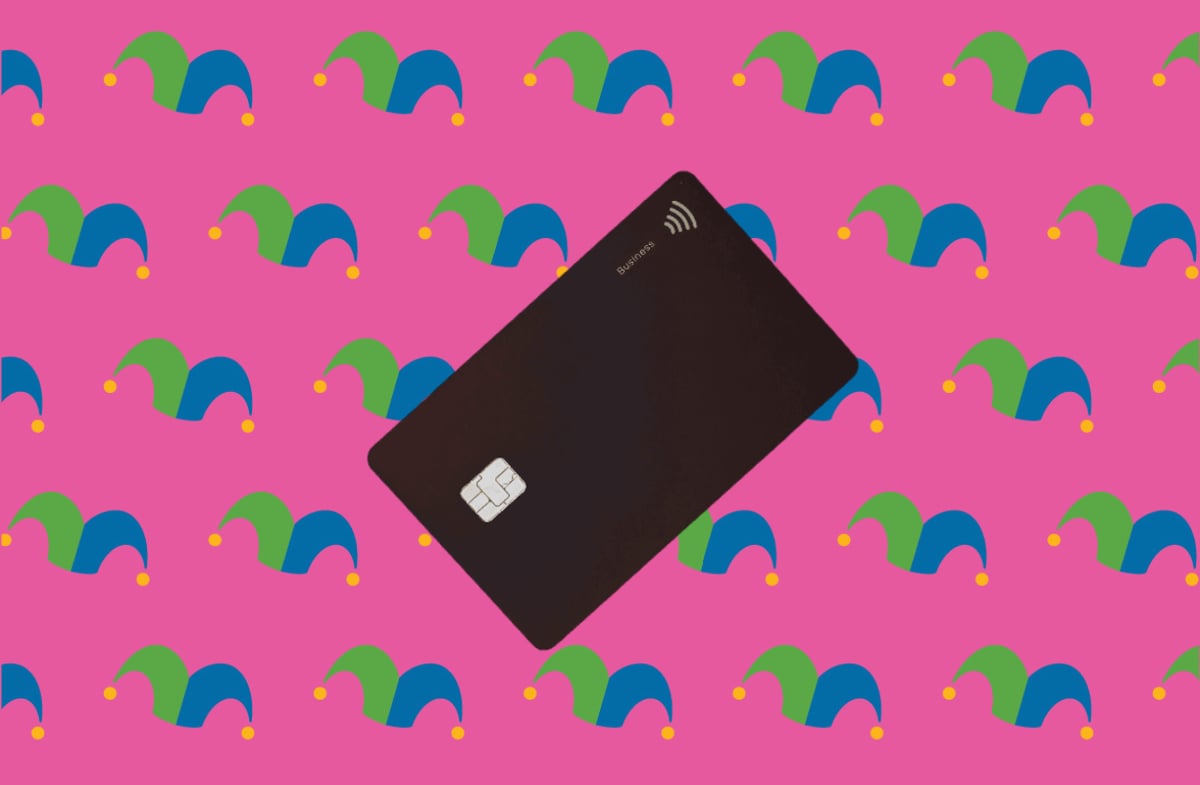Do This Before Using Your Credit Card to Pay for an Emergency Expense
If you don't have enough savings to cover an emergency expense, try to avoid debt. This type of credit card could help you avoid expensive interest charges.

Receiving a hefty surprise bill is not fun. If you don't have savings, your first thought might be to use a credit card to pay off the expense. But before you rush to swipe a credit card, there's another option you should explore that may allow you to escape a difficult financial situation without incurring credit card debt.
Avoid interest charges when swiping a credit card
Some credit card companies offer 0% APR credit cards. These cards charge 0% interest for a set introductory period. Some allow cardholders to avoid interest charges when making new purchases, while others allow cardholders to avoid interest on eligible balance transfers.
Featured offer: save money while you pay off debt with one of these top-rated balance transfer credit cards
If you need to pay for an unexpected large purchase and don't have enough money in your emergency fund to cover it, consider using a card like this. You won't be charged interest if you pay off the balance before the introductory 0% APR period ends.
How to benefit from using a 0% APR credit card
Review the offer terms and card details before you get a 0% APR credit card. This will allow you to choose a card that meets your expectations. Understanding how long the promotional period runs can also help you devise a plan to pay off the debt.
Here's an example of how you can use a 0% APR credit card to pay for an emergency expense without racking up any debt: Imagine you open a credit card with an intro offer of 0% APR on purchases for 15 months. You use the card to pay for a $3,000 expense. You must pay off the balance before the promotional period ends to avoid debt. Paying $200 monthly for the next 15 months will allow you to do that, which is more manageable than paying $3,000 upfront.
Credit card debt is a growing problem
You might wonder why you shouldn't use the credit card you already have to cover an emergency expense. Unless you can pay the entire balance when your statement arrives, your credit card issuer will tack on interest charges. Most credit cards have high interest rates, some with variable interest rates of up to 29.99% -- so these fees can add up fast.
The Motley Fool Ascent highlighted credit card debt statistics and found that it is a growing problem for Americans. In 2023, the average American had $6,501 of credit card debt.
The longer it takes to pay off high-interest debt like this, the faster the account balance grows. It's essential to do what you can to avoid interest charges. Paying your account balance in full each month is the best strategy to avoid costly interest fees.
You can prepare for emergency expenses before they happen
Using a 0% APR credit card for emergency expenses is an excellent strategy to avoid debt if you don't have savings. But you can financially prepare for emergencies before they happen. Establishing a solid emergency fund is one way to do that. Even if you can only afford to set aside $50 a month, it'll make a difference, and your fund will grow over time.
Consider keeping your emergency fund in a high-yield savings account so you earn interest while your cash sits in the bank. If you struggle with remembering to save, you can use automation. Setting up automated transfers from your checking account to your savings account is easy, and it can help you stay on track while you continue to tackle your goals.
Setting aside money before a big life change or emergency occurs could help you stay out of debt. But if you need to pay a costly bill and don't have savings, consider a 0% APR credit card.
Alert: highest cash back card we've seen now has 0% intro APR until 2025
This credit card is not just good – it's so exceptional that our experts use it personally. It features a 0% intro APR for 15 months, a cash back rate of up to 5%, and all somehow for no annual fee!
Click here to read our full review for free and apply in just 2 minutes.
We're firm believers in the Golden Rule, which is why editorial opinions are ours alone and have not been previously reviewed, approved, or endorsed by included advertisers. The Ascent does not cover all offers on the market. Editorial content from The Ascent is separate from The Motley Fool editorial content and is created by a different analyst team.The Motley Fool has a disclosure policy.























